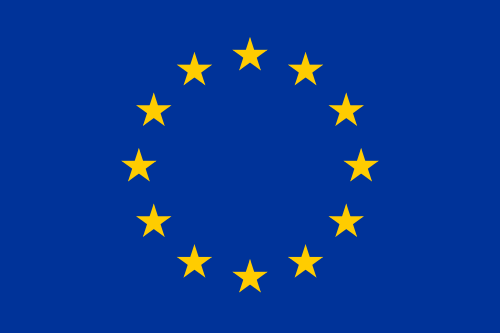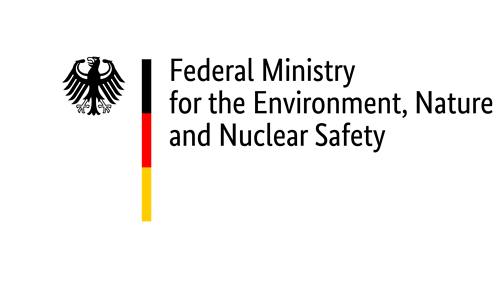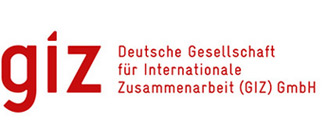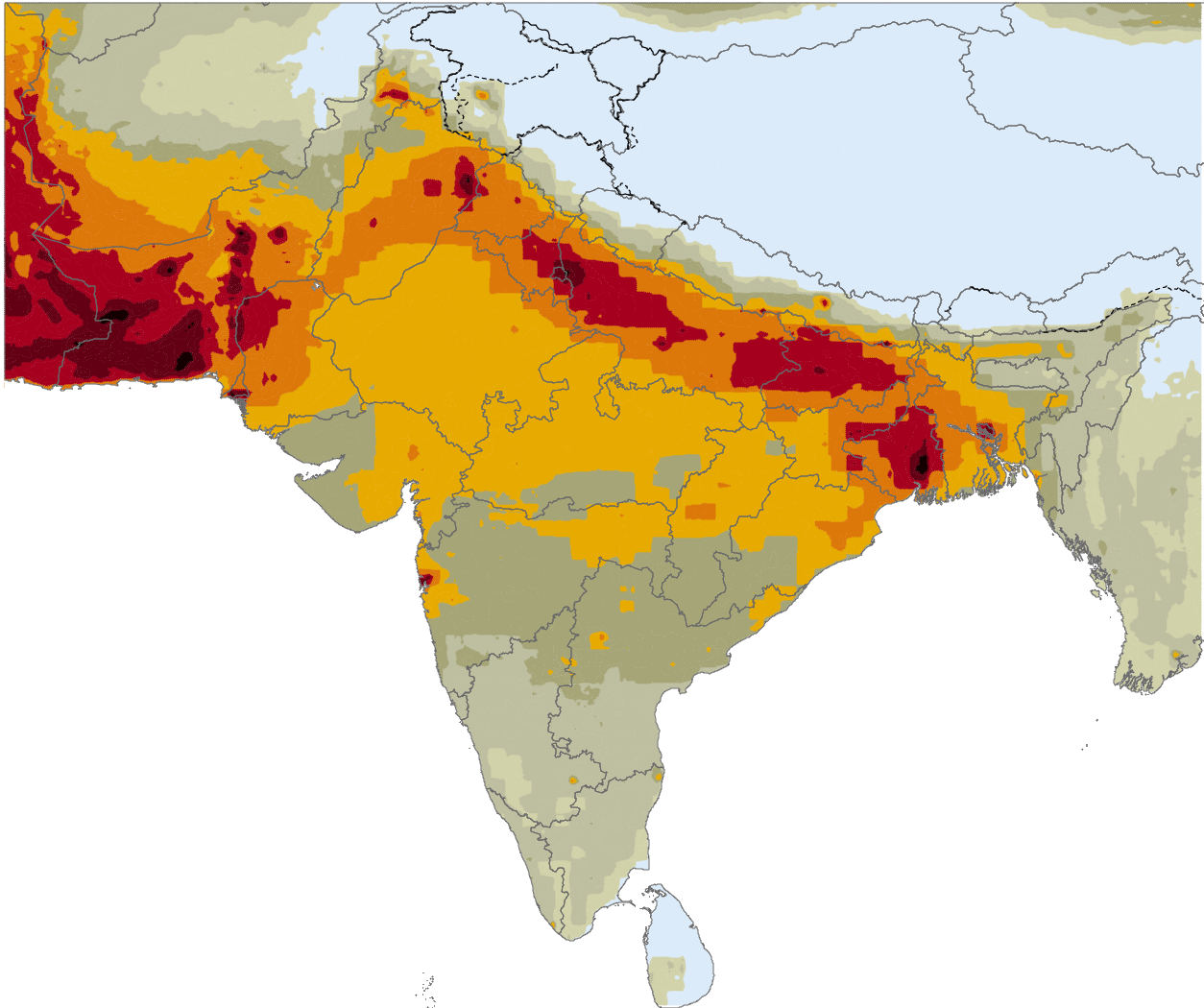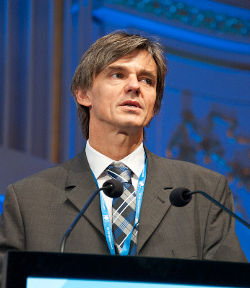GAINS Workshop - SPIPA
The EU-India Strategic Partnership for the Implementation of the Paris Agreement project implemented by GIZ India along with the Ministry of Environment, Forests and Climate Change (MoEFCC) will organize GAINS (Greenhouse Gas - Air Pollution Interactions and Synergies) training Program from 12 to 16 April 2021. The GAINS model developed by the International Institute for Applied Systems Analysis (IIASA) explores cost-effective emission control strategies that simultaneously tackle local air quality and greenhouse gases so as to maximize benefits at all scales. The training will focus on the GAINS modeling and quantification of air pollution co-benefits associated with low carbon strategies in India.Introduction
Introducation to the group and schedule Pallav Purohit
The science-policy interface on cost-effective Air Quality Management (AQM)planning Zig Klimont
Introducation to the GAINS model Fabian Wagner
Registration and interactions with the model Robert Sander
Session 2
Interactions with the GAINS model controls Robert Sander
Learning the toolbox: Transport sector Jens Borken
Session 3
Learning the toolbox: Waste sector Adriana Gomez-Sanabria
Learning the toolbox: Energie and industry sector Peter Rafaj
Session 4
Learning the toolbox: Arigculture sector in GAINS Zig Klimont
Arigculture in GAINS and potential ammonia emission reductions in the EU
Learning the toolbox: Domestic sector Pallav Purohit
Session 5
Simulation of emission control scenarios and impact assessment of emission control scenarios Gregor Kiesewetter
Calculating ambient PM2.5 and health impacts in GAINS.
GAINS cost-effectiveness analysis Fabian Wagner

